Elephants have 'best sense of smell'
- Published
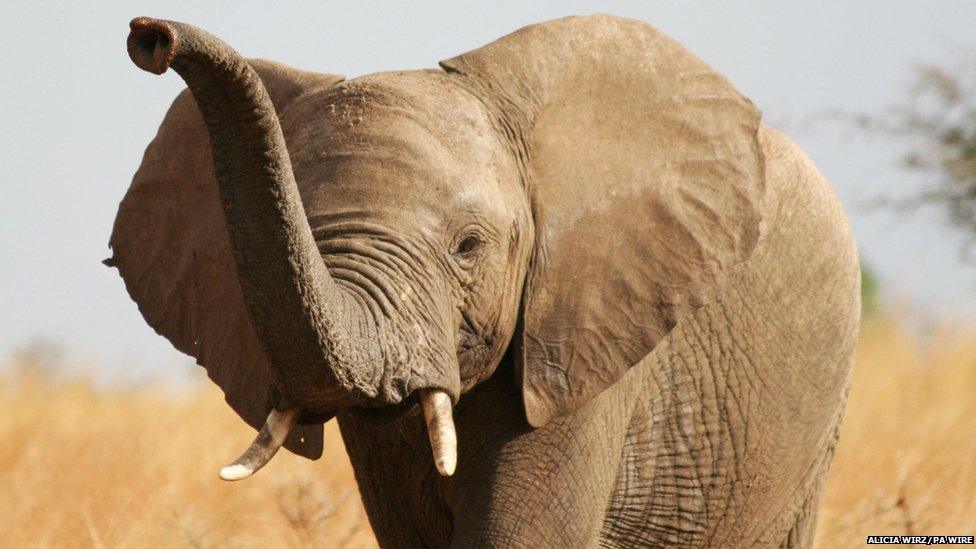
African elephants possess a sense of smell that is likely the strongest ever identified in a single species, according to a study by scientists from the University of Tokyo. Elephants have nearly 2,000 special genes that detect odours in the environment.
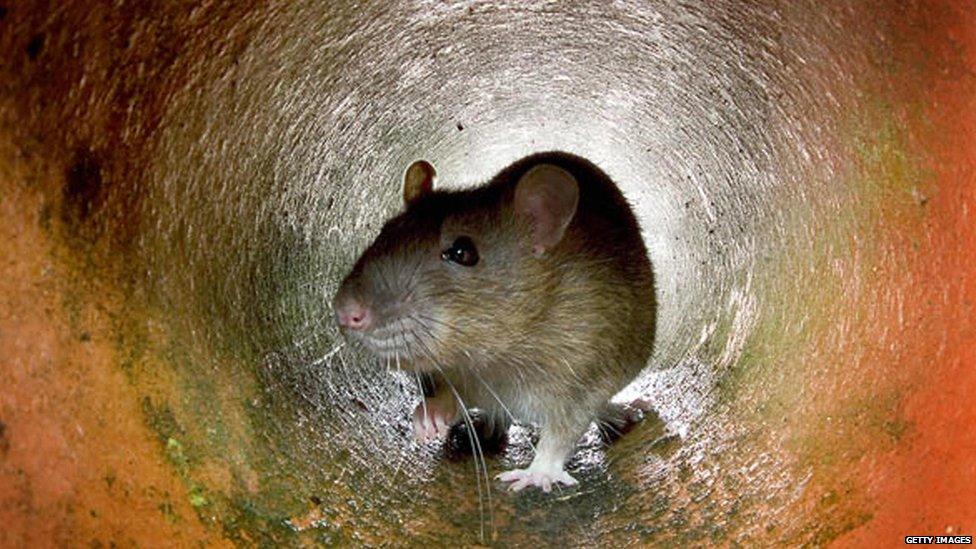
The rat had the second largest number of smell genes after the elephant. The Japanese scientists examined 13 mammal species in their study.
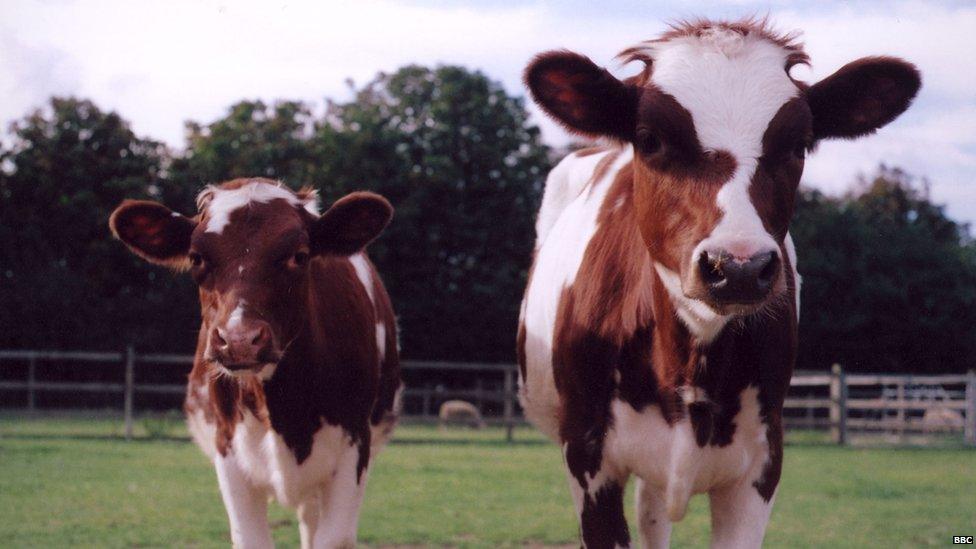
Cows are is third on the list with 1,186 smell genes. A sense of smell is important to all mammals because it allows them to find food and mates. It can also be used to avoid predators. The mouse is next on the list with 1,130 smell genes.
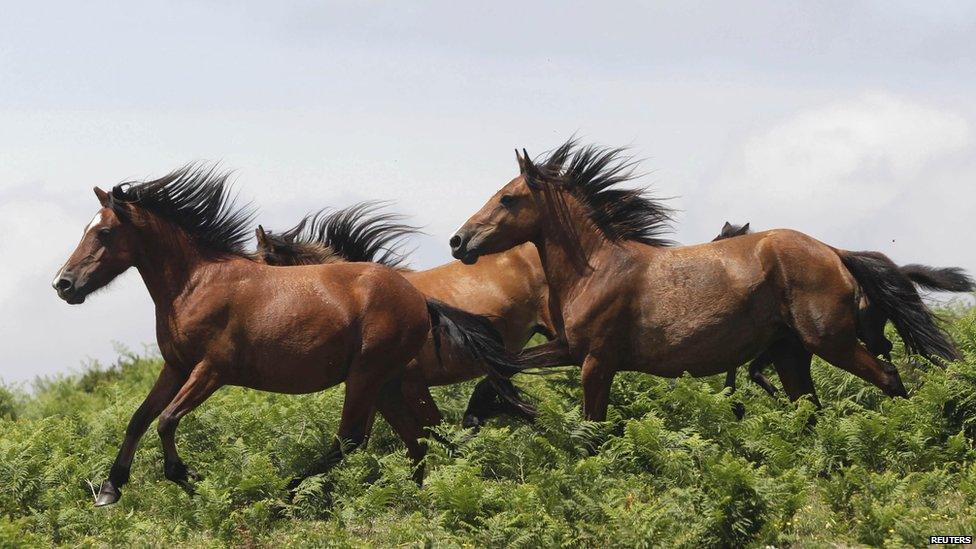
Horses have around 1,000 smell genes. Scientists don't know exactly how these genes work, but they likely helped mammals survive and find their way around the environment over the ages.

Dogs are well known for their powerful sniffing abilities but their noses hardly compare with the elephant. Our canine friends only have 811 smell genes, according to the research published in Genome Research.
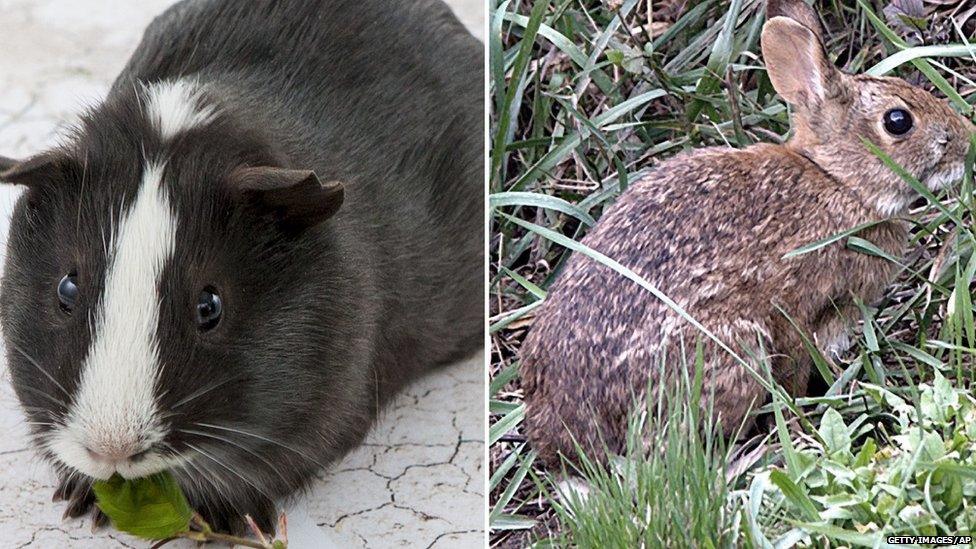
Many of you might have these next two animals as pets and you might notice their noses twitching a lot. The guinea pig and rabbit come 7th and 8th on the best-smellers list.

Elephants' sniffers are five times more powerful than people's. The scientists found that there are 20,000 genes responsible for the sense of smell in mammals.
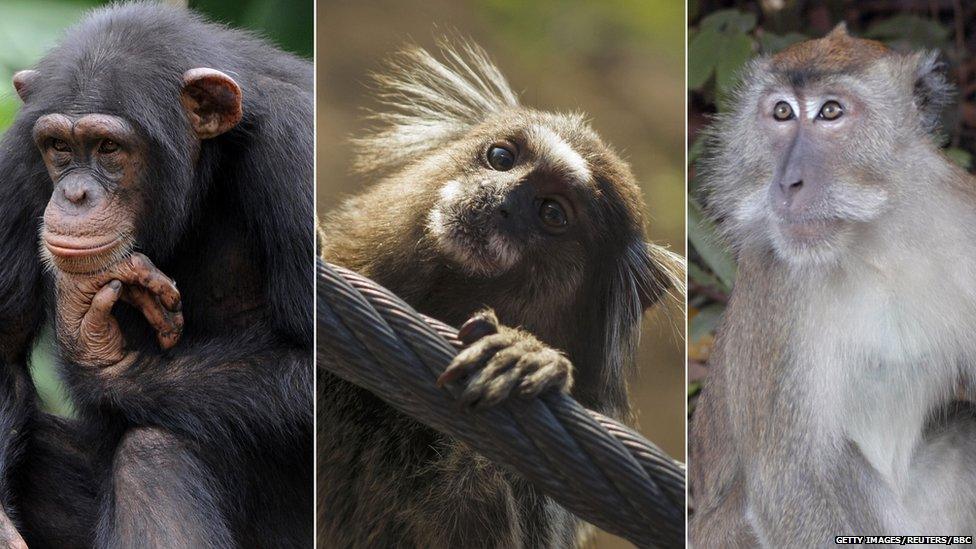
The chimpanzee (10th), marmoset (11th) and the macaque (12th) are next on the list. They've only got a slightly smaller number of smell genes than us humans.
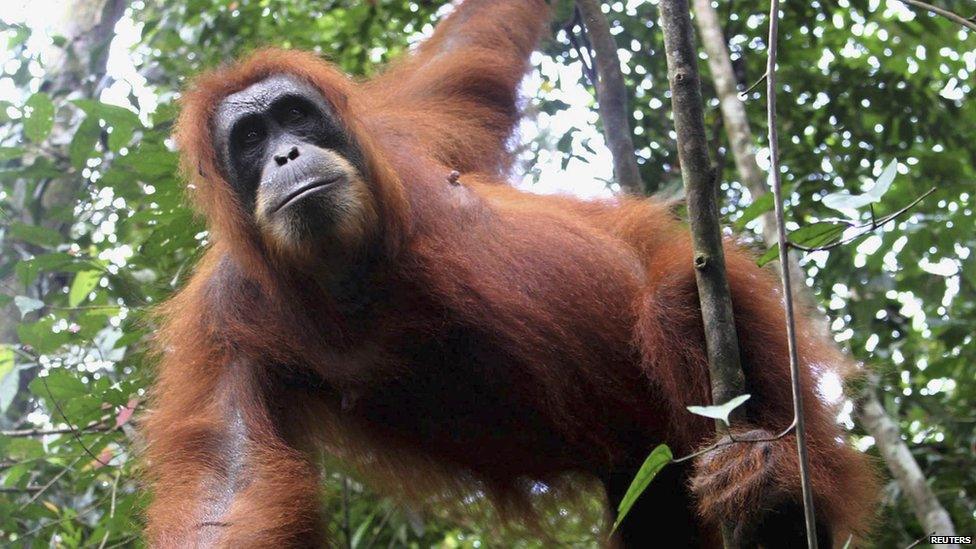
Orang-utans came off worst in the study with only 296 smell genes. Researchers think that primates had much lower numbers of genes compared to other species because over time they've come to rely more on their sense of sight rather than smell.
